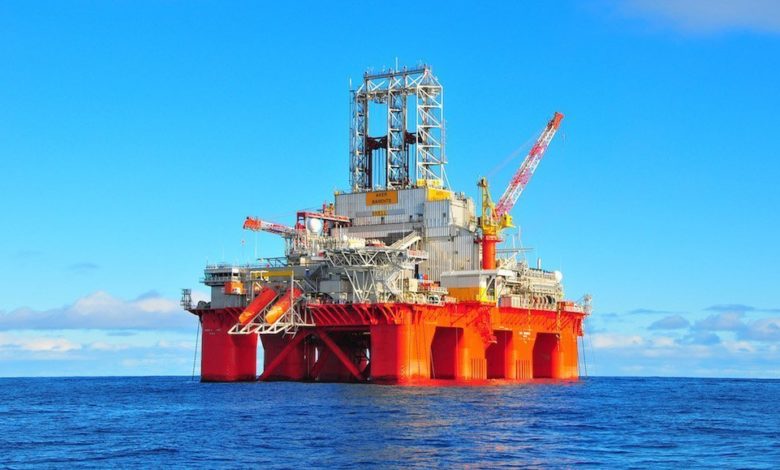The truth, the whole truth and nothing but the truth

What is the responsibility of companies to keep markets fully informed? Over the last few months I have been researching and monitoring numerous companies with regard public pronouncements around their take on the current state of affairs of the oil & gas sector.
In a recent article, I drew attention to the need to look at the underlying fundamentals when assessing the claims made by companies that all is ‘business as usual’. I will continue this theme and look at recent pronouncements by companies and test whether these good news announcements give the full story, as well as meet the obligations under corporate governance to reveal all relevant information to the market.
Corporate governance essentially involves balancing the interests of the many stakeholders in a company. These stakeholders include: shareholders, management, customers, suppliers, financiers, government and the wider community. Institutions such as the various stock exchanges require that companies have a transparent mechanism that describes the processes and mechanisms by which rules, regulations and relationships within and around the corporation exercise control and the means by which the board or executive is held to account. These cover appointments of directors, independent auditing of the accounts, disclosure of conflict of interests and so on. The overriding principle of a corporate governance structure is to promote investor confidence.
Unfortunately most jurisdictions, including Singapore, only require voluntary compliance and self-reporting on compliance to governance guidelines – and this is where things can go wrong. Evidence of this is the increase in corruption and crime charges in the shipping sector once the focus moved from what was reported but to what should have been reported.
In the past, companies’ boards have been able to defend their position by arguing that their role is to protect shareholder value and they must manage information flow to do that. Central to this defence has been the notion of confidential information and not giving competitors information that could hurt the company. This was a successful approach until greater access to information and increasing calls for greater transparency has seen a number of red-faced companies having to ‘clarify’ their positions. Whilst the board has to balance the interest of the company with external obligations to be a good corporate citizen, it also has the moral obligation not to hide information that puts shareholders at risk, particularly if that information does not give competitors an advantage or is part and parcel of a company’s intellectual property.
By way of an example as to the balance required, Hercules Offshore made regular exchange announcements regarding cash flow and order backlog to ‘reassure’ the market of its ability to continue trading, presenting a picture that all was normal. What it failed to disclose at the time was there were contract issues that put the value of their order backlog at risk, hence balance sheet and cash viability. It was no surprise it eventually had to declare bankruptcy as this caught up with them. Not only was this bad for investors as a whole, but it got markets arguing as to what information needs to be shared. By Hercules’ own admission, coming clean (so to speak) enabled it to get clear air and space to put in place a credible restructure plan that enabled them to trade out of bankruptcies proceedings that has restored market confidence.
Transocean has had similar issues, but has chosen to be fairly open regarding the problems with Petrobras, Pemex, contract negotiations and it made public the impairment cost associated with this. It can be argued that this approach has enabled the company to keep confidence with its shareholders and has allowed it the space to restructure and balance its portfolio. Furthermore, analysts have the confidence to write that Transocean will survive the current market strife and will emerge stronger and leaner.
On the other hand we have the troubled Ausgroup / Teras Australia / Tiwi Island project that continues to stumble. Recently, Ausgroup made an announcement to the SGX it had received environmental approval from the territory government and that the project was now back on track. What it fails to mention, is the approval that is holding up the project is not the territory approval, but the EPBC approval required by the Australian federal government. This approval is still ongoing. Furthermore, it has not informed the market, as reported in an Australian newspaper, that the Tiwi Land Council has prioritised wood chip export shipping, claiming everything else is on hold until such time as the wood chip export shipping was up and running. This includes bunkering and services to the oil and gas industry.
In conclusion, there is a greater call for transparency by shareholders and the community, for fuller disclosure of information, particularly with regards to the reality of business conditions on the ground. There is also a call to flag potential negative issues and consequences. It is no longer acceptable to tell the truth but not the whole truth. It is no wonder that the Singapore Stock Exchange announced that it has sent out 500 ‘please explain notices’ to companies that appear to have informed the market with the ‘truth’ and not the whole truth that could be deemed as misleading the market.

Interesting article which basically links with my recent post in Linked-in which is as follows:
https://www.linkedin.com/pulse/beware-new-thiefs-wearing-suit-tie-smiling-you-luis-bernat-f-i-c-s-?trk=hp-feed-article-title-publish
Basically companies looking for external financing trying the ‘Over the Counter’ investment prodcedure should in general be forced to express the truth about such risks.
Best regards
Luis Bernat FICS